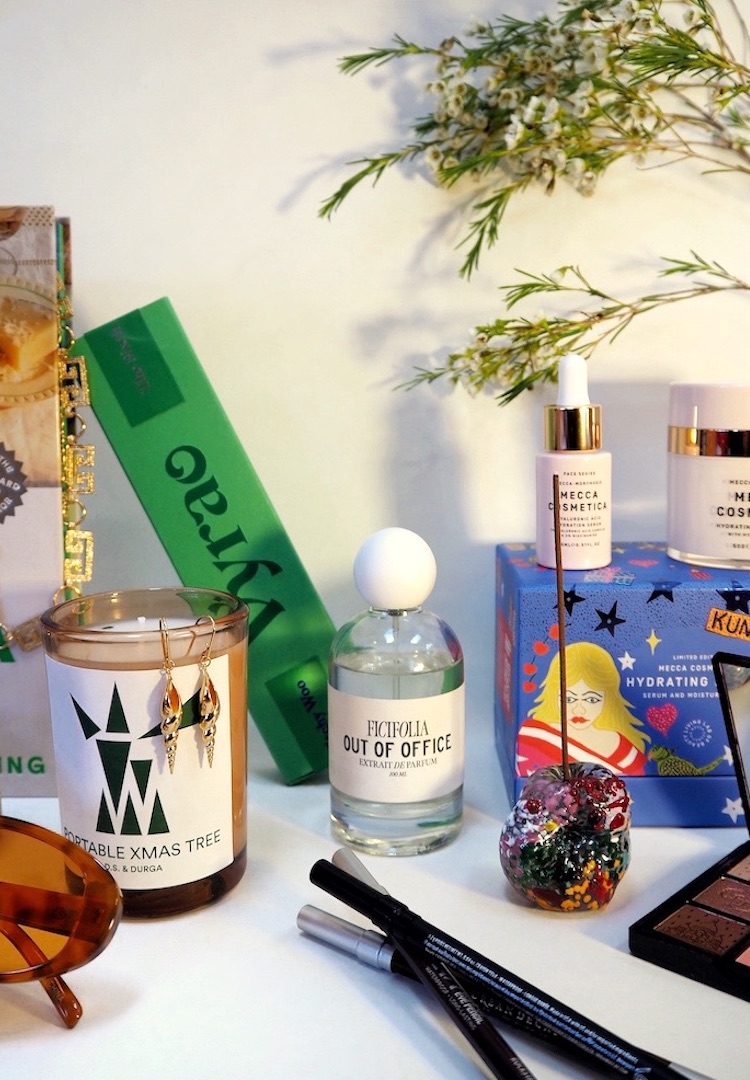How to finally stop people pleasing
WORDS BY HELEN WHAIT
“Contrary to popular belief, saying no is not a selfish act but rather an act of kindness – to ourselves and others.”
We hear it everywhere – we’ve got to stop ‘people pleasing’ if we want to finally prioritise our wellbeing. It’s repeatedly emphasised in articles, books and Ted Talks.
We understand the concept, nod our heads in agreement and recognise the indisputable evidence of the negative impact people-pleasing has on our lives: our back-to-back calendars, the mental to-do lists constantly running in our minds and a never-ending stream of commitments and obligations.
Interested to hear how others navigate the world? Head to our Life section.
We’re objectively aware of the damaging effects of saying yes too often, and yet we continue to do it. So, what’s going on? The truth is, learning to say no is a skill that requires practice and intentionality. It’s not as simple as uttering the word. It requires a shift in mindset, reshaping habits and reclaiming our power.
Take it from me, a woman who’s faced huge challenges and learned the importance of saying no in both personal and professional contexts. My childhood conditioned me to be a chronic people pleaser, always seeking validation and approval from others. And my career in occupational therapy only intensified my people-pleasing tendencies, as I constantly felt the pressure to care for others and meet the needs and expectations of my clients.
But around 2012, everything changed. I founded Australia’s first and only occupational therapy franchise, ActivOT, all while balancing the responsibilities of single parenthood and navigating a near-death experience. I broke free of the yes cycle and finally started saying yes to me, rather than constantly putting others’ needs before my own. Here are some practical steps to help you finally stop people-pleasing too.
Understand the root causes of people pleasing
To stop being a people pleaser, start by identifying the root causes of your need to please. Spend some time reflecting on why you feel compelled to say yes so often. Think of the last time you said it, even though every bone in your body was telling you to decline. What motivated that decision?
Was it fear of disappointing someone, a desire for validation or a habit formed over years of trying to be the perfect friend, partner or colleague? Once you’re clear on the root cause, take a step back and consider the long-term impacts of saying yes – what is saying yes all the time costing you?
Get clear on your why
Before we can ditch the people-pleasing tendencies altogether, you need to get clear on your why. Reflect on your values, goals and aspirations, and recognise that by saying yes to everything, you risk diluting your focus and losing sight of what truly matters. Saying no enables you to protect your time and energy for the things that align with your purpose.
Use the ‘tomorrow test’
When in doubt, use the ‘tomorrow test’ to assess whether saying yes is really what you want. Consider how you’d feel if you had to do the thing you’re saying yes to tomorrow or in one hour. Would you be excited, or would you wish you’d never said yes? This simple exercise can provide valuable clarity.
Outsource what doesn’t align
You don’t have to do everything by yourself. One effective strategy for stopping people pleasing is to delegate or outsource tasks that don’t require your unique skills or expertise. Do you have to do this, or could someone else? Confidently pass it on, knowing it will be completed efficiently and effectively.
This frees up your time for activities that truly deserve your attention and passion. This has been a core part of my business strategy and is one of the reasons we’ve been able to scale our business nationally.
Actually practice saying no
Just like any skill, saying no becomes easier with practice. Take the time to say it out loud to yourself, experimenting with different phrases that suit your style. Having a repertoire of ready-to-use responses ensures you won’t be caught off guard or pressured into commitments you’re uncomfortable with. Here are a few examples to get you started:
- “That task will be completed more efficiently/effectively by [name or team].”
- “As much as I would love to help out, I have X, Y, Z priorities/commitments at the moment that require my focus.”
- “Thank you for thinking of me. I’m honoured to be asked, but I think this opportunity might be better suited to [name] instead.”
- Or simply say, “No, thank you”.
Buy yourself some time
If you find it challenging to turn something or someone down in the moment, asking for some time to consider the request is perfectly acceptable. Politely explain that you need to check your schedule, speak to your team, evaluate your priorities, or simply take a moment to think about it.
This approach allows you to respond thoughtfully. By asking for time and then delivering your response, you demonstrate respect for both yourself and the person making the request. You show that you have taken their invitation seriously and given it due consideration, even if the ultimate answer is a no.
Reframe saying no as an act of self-care
Contrary to popular belief, saying no is not a selfish act but rather an act of kindness – to ourselves and others. It creates opportunities for someone who really wants to take on the task or opportunity. Remind yourself of that every time you feel guilty for saying it.
Ask for help
Getting better at saying no also involves developing the courage to ask for support when needed. Instead of shouldering everything, reach out to others and invite them to contribute. You’re also allowing them to openly say no if they’re not in a position to help. By creating a mutually supportive environment, you strengthen your relationships and foster a sense of collaboration.
Saying no is not about being unkind or shutting doors – it’s about setting healthy boundaries and prioritising what truly matters to you. By understanding your why, outsourcing non-essential tasks, practising assertiveness and embracing collaboration, you can stop being a people pleaser and create the life of your dreams.
Helen Whait is an award-winning occupational therapist and the founder of ActivOT, Australia’s first occupational therapy franchise which helps occupational therapists become successful business owners. You can follow Helen on LinkedIn here.










